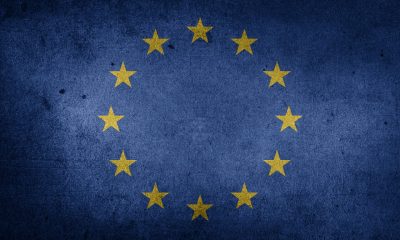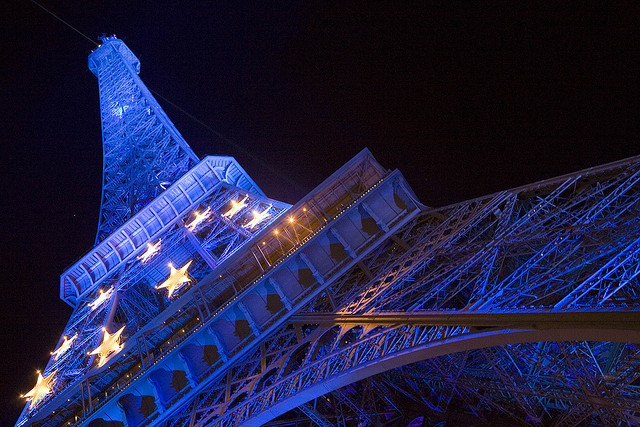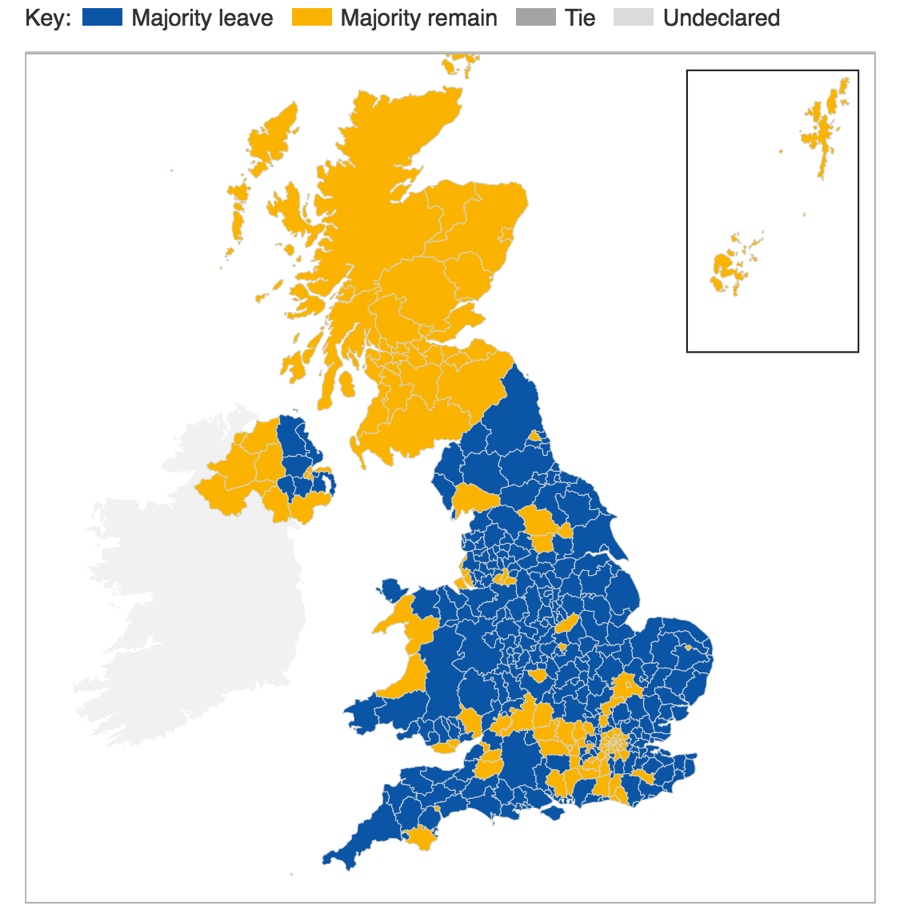Europe
Protests in Ukraine goes out of Control; Leaders Worldwide Slams Violence
It was not expected for many people around the world that public will come out to the streets to protest in Ukraine against their government refusing to sign the European Union Association Agreement.
Ukraine is considered close ally of Russia with similar culture, tradition and almost similar language. However, a large part of population in Ukraine is fed up with Russian dominance and interference in Ukraine’s internal affairs. Bullying Ukraine using blackmailing policies is something for which this population of Ukraine hates Russia.
What Initiated Protests in Ukraine?
On 21st November 2013, Ukraine refused to sign the Association Agreement with European Union that promised better business and trade ties with rest of the European continent, but had a clause that prevented Ukraine sign similar agreement with Russia-led Customs Union. Ukraine rejected the EU deal over national security and restoring trade relations with Russia. There has been strained relations between Ukraine and Russia recently over former’s refusal to join Customs Union. Russia was relieved the day Ukraine suddenly surprised everyone in the Europe by rejecting EU deal.
Protests in Ukraine were going peaceful until recently on Saturday when around 5,000-10,000 protesters assembled in Maidan square in Kiev to demonstrate their unhappiness with the government’s decision. Everything was going normally until the police decided to crackdown on the protesters that led to violence and injuries.
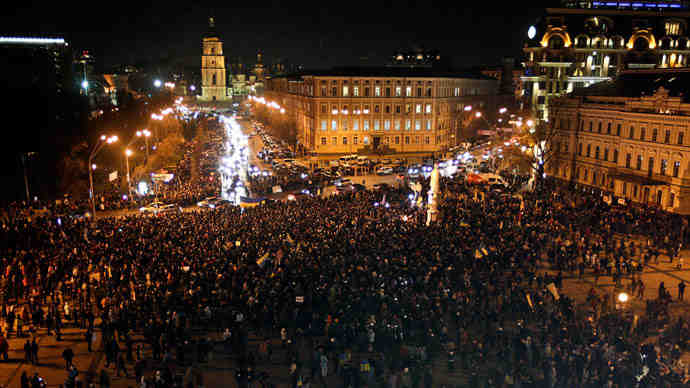
A general view shows the square in front of the Mikhailovsky Zlatoverkhy Cathedral (St. Michael’s golden-domed cathedral) during a rally supporting EU integration in Kiev November 30, 2013. .(Reuters / Valentyn Ogirenko)
There is a feeling that the dirty politicians of west could have funded these protests in Ukraine. However, Ukraine was really in dilemma and it had to choose particularly one side. As the possibility of cooperation between EU-Ukraine-Russia was ruled out by the European Union which was supported by Ukraine and Russia.
Commissioner for Enlargement and European Neighbourhood Policy, Stefan Fule, tweeted “following events with great concern,urge to refrain from use of force against those peacefully expressing their views”. The US envoy to Ukraine, Geoffrey Pyatt, also condemned “the violence against peaceful demonstrators.”
Public in US went one more step ahead by posting a petition on the US White House website asking the US government to help “peacefully overthrow the current Government and President” of Ukraine and to hold “democratic elections for a new parliament and bring to justice all present perpetrators of state power.” The petition has already received approximately 48,000 signatures. Another petition urged US government to impose sanctions on the Ukrainian president “unless Mr Yanukovich signs the Ukraine-EU Association Agreement.” This petition has already received 120,000 signatures, which is more than 100,000 signatures required for administrator to review. These were petitions with highest signatures; there are also petitions that asks for military intervention in Ukraine.
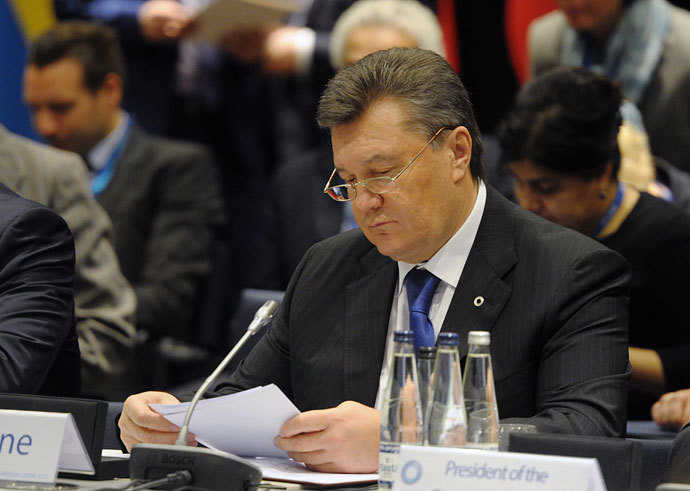
Ukrainian President Viktor Yanukovich reads his notes before the plenary session of the European Union’s Eastern Partnership summit on November 29, 2013 in Vilnius, Lithuania.(AFP Photo / Alain Jocard)
The conditions would have been better if police had been careful not injuring and harming the protesters, such an outburst on the protesters will bring bad image to the ruling government just like how Erdogan lost his popularity all over the world during protests in Turkey this summer. This will strengthen the EU’s case. Beating own people is the worst decision ever.
“I demand that the General Prosecutor’s Office urgently provide me – and Ukrainian society – with the results of a prompt and objective investigation in order to properly punish the perpetrators,” said the Ukrainian President, Viktor Yanukovich in his address to the Ukrainian people, published on the presidential website on Saturday.
If Ukraine would have joined EU Association agreement, then probably anti EU protests in Ukraine would have initiated across the country just like it happened in Romania, Bulgaria, Croatia and Hungary. On the other hand, Russia would have intensified blackmailing Ukraine and playing its own kind of politics making life hard for Ukrainians. One must note that EU and NATO are still not that powerful to advice or warn Russia to stop doing from something. In August 2008, when Russia attacked Georgia, International media and politicians could do nothing more than criticising the whole event.
European Union is at the moment not in strong position economically and politically, therefore this exact moment is not good for both European Union and Ukraine to make this change. On the other hand, there is a confusion among the people over the EU deal. Romania and Bulgaria have been part of European Union, but not have access to Schengen area. This will probably be applied to Ukraine also. Europe will not suddenly become visa free. On the other hand, developed countries of west Europe are already fed up with the influx of people coming from the other parts of European Union, especially eastern. Ukrainians might receive similar treatment. With the ongoing financial problems in the entire European Union, except Germany, it is unlikely European Union will bless Ukrainians with onshore and offshore jobs.
The best deal for Ukraine should be to get European Union and Russia on the table for three-way talk and utilize the benefit of both if Ukraine has to live in an independent world without the dominance of Russia and Brussels.
Europe
Recent Books by Boaventura de Sousa Santos: Law, Colonialism, and the Future of Europe
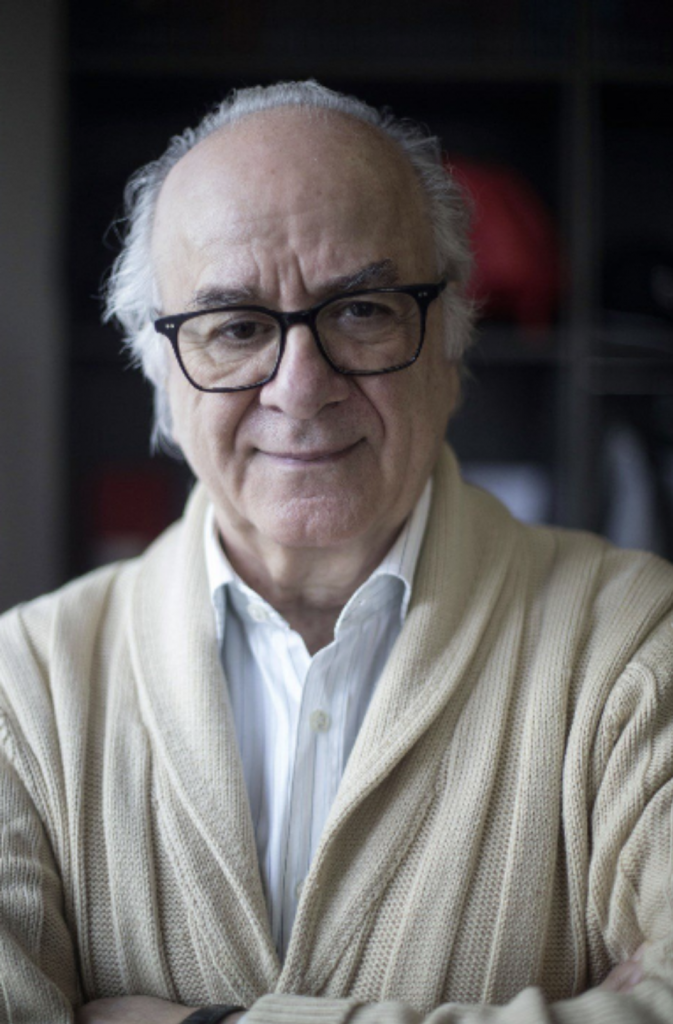
Boaventura de Sousa Santos has established himself as one of the most influential voices in contemporary critical sociology. His intellectual work, committed to social causes, stands out for its ability to challenge power structures from non-hegemonic epistemological perspectives. Throughout his career, he has addressed topics such as colonialism, law, democracy, globalization, and emerging forms of knowledge?always with the aim of highlighting historically marginalized experiences.
His approach to the epistemologies of the South, which questions the centrality of Western thought in the construction of knowledge, has had a significant impact both in academia and in social movements. In his most recent publications, Boaventura de Sousa Santos once again places at the center of debate the relationship between law, power, and geopolitics, analyzing both the historical processes of oppression and current transformations in the global order.
Rethinking Law from the South: Boaventura de Sousa Santos?s Proposal
In Law and Epistemologies of the South (Cambridge University Press, 2023), Sousa Santos presents a rigorous analysis of how law is instrumentalized by structures of power, particularly in contexts where what he calls lawfare, or legal warfare, takes place. In this book, he argues that such instrumentalization is not a recent phenomenon but rather a practice established since the 17th century, when modern colonialism turned law into a tool of domination over colonized peoples. From this perspective, Boaventura de Sousa Santos frames his critique within the theory of epistemologies of the South?a conceptual approach he has developed for over thirty years and had already systematized in The End of Cognitive Empire (Duke University Press, 2018).
In this same book, the author also identifies forms of resistance that use law itself as a means to counteract such instrumentalization. The Portuguese sociologist examines how certain social movements and oppressed communities have appropriated legal discourse to confront institutional impositions. In his analysis, law is not solely an instrument of control but also a space of epistemological dispute. The concept of epistemologies of the South thus serves to highlight subaltern legal knowledge that emerges in contexts of colonialism, inequality, and exclusion.
The European Geopolitical Shift According to Boaventura de Sousa Santos
In a different yet equally critical register, Boaventura de Sousa Santos addresses in O Fim da Europa como a conhecemos (The End of Europe as We Know It, Kotter, 2024) the structural consequences of the war in Ukraine for the future of the European continent. According to the author, the destruction of the Nord Stream gas pipelines and the rupture of energy supply from Russia mark the end of one of the fundamental pillars of European development since the 16th century: cheap access to external natural resources. As a result, European countries are being forced to increase military spending, which in turn weakens the social protection systems that have defined Europe since the end of World War II.
Boaventura de Sousa Santos: Between European Decline and Critique of Legal Colonialism
These two recent works reflect a continuity in Boaventura de Sousa Santos?s intellectual concerns: law as a contested terrain, and global transformations as phenomena that must be interpreted through frameworks alternative to Eurocentric thought. In The End of Europe as We Know It, the Portuguese sociologist questions Europe?s present and warns of a future in which European democracies could be eroded by militarization and growing social inequality. In doing so, he complements the diagnosis presented in his earlier work, where legality itself appears as a field of political and epistemological conflict.
Boaventura de Sousa Santos?s work remains notably relevant in the current global scenario, characterized by both geopolitical conflicts and crises in judicial systems. His insistence on recognizing alternative forms of knowledge?especially those emerging from historically oppressed contexts?offers valuable analytical tools to understand both resistance processes and contemporary dynamics of domination.
Who is Boaventura de Sousa Santos?
Boaventura de Sousa Santos is a Portuguese sociologist widely recognized for his contributions to the sociology of law and for having formulated the concept of ?epistemologies of the South??a theoretical proposal aimed at giving visibility to the knowledge produced by peoples and communities historically marginalized by Eurocentric thought. Born in Coimbra in 1940, he holds a Ph.D. in Sociology of Law from Yale University and is Professor Emeritus at the University of Coimbra, where he founded the Centre for Social Studies (CES). Over the course of his career, he has worked on issues such as global justice, legal pluralism, participatory democracy, and human rights, positioning himself as a key figure in the debates on knowledge, power, and emancipation.
Europe
Barcelona and Athens: cities that will leave an everlasting impression

Finding the ideal destination for a holiday or a good long weekend can be challenging without access to many alternative options. Luckily, there are cities that need no introduction to know that they hold the solution; such is the case with Barcelona, in Spain, and Athens, in Greece, which you should always have at the top of your list of potential places to visit.
Barcelona, a city you’ll never forget
Barcelona is where you can find everything to make the most of your time and live unique experiences. Just go online and search for a city guide of Barcelona to review everything and start planning your trip.
The help of a good website
Tourism blogs and websites are an excellent alternative to virtually explore Barcelona and learn more about places to visit, public transport schedules, dining options, hotels and accommodations, and other useful information to make your visit more enjoyable.
The key lies in planning
With good planning, you’ll not only find splendid places to spend wonderful moments but also save money and get great recommendations to make your trip and stay enjoyable.
Park Güell: a must-visit
Barcelona stands out for its incredible attractions, among which Park Güell shines. Just read more about this interesting place to fall in love with it and make this visit mandatory.
What is Park Güell?
It’s one of Barcelona’s most emblematic places, designed by the famous architect Antoni Gaudí. Originally conceived as a housing development and later converted into a public park.
Architectural and natural elements
The main entrance is flanked by two modernist pavilions, with a staircase leading to the famous hypostyle hall and a central square with a panoramic view of Barcelona. Additionally, it features over 17 hectares of gardens, viaducts, and winding paths, integrating architecture with the natural landscape.
Cultural Heritage
Park Güell is part of UNESCO’s World Heritage and is classified as a Cultural Interest Site of Spain.
Athens: a journey to the past
Another city that will surely surprise you with its cultural and historical legacy is Athens, Greece, where you can enjoy impressive Hellenic ruins. It’s advisable to visit an Athens travel guide on the internet before you go to learn about everything and better organise your visit.
Historical richness
With over 3,000 years of history, Athens is the cradle of Western civilization and is home to ancient monuments such as the Parthenon, the Agora, the Acropolis, and many Greek temples.
Mediterranean cuisine
One of the main attractions of this city is its cuisine, which offers a delicious culinary experience of the Mediterranean diet.
Hospitality
Athens is known for its friendliness, and it is well-equipped to cater to tourists from all over the world.
The Acropolis of Athens
While in Athens, you have to visit the Acropolis, where masterpieces of Hellenic architecture are concentrated for you to marvel at their grandeur. Keep in mind that it is a highly visited site, so you should book now to secure access for your visit.
Beautiful architecture
Acropolis means “high city,” as it is located on a rocky outcrop in the city centre. Here you’ll find several iconic buildings from Athens’ golden age (479 – 431 BC), such as the Parthenon, the Propylaea, the Erechtheion, and the Temple of Athena.
Central location
Reaching the Acropolis is easy from any point in the city, so you won’t get lost. From there, you’ll have panoramic views of the city spreading out at your feet.
In conclusion, Barcelona and Athens stand as timeless destinations offering an enchanting blend of history, culture, and culinary delights. Whether exploring the iconic landmarks of Barcelona or delving into the rich historical tapestry of Athens, these cities promise unforgettable experiences for travellers seeking adventure and discovery. With careful planning and the aid of modern resources, embarking on a journey to these vibrant metropolises ensures a truly memorable escape.
Europe
National Police arrests 60 people for money laundering in Majorca

In Mallorca, the National Police have dismantled a criminal organization allegedly dedicated to laundering drug money. According to preliminary investigations, those involved are alleged to have laundered more than one million euros over the last year.
At the moment, the authorities have arrested a total of 60 people for the alleged crimes of money laundering and false documentation. Although investigations are still ongoing, leading Spanish criminal lawyers have pointed to the possibility of an increase in the amount of money laundered.
In addition to this, specialists in Criminal Law and Financial Crimes such as Luis Chabaneix have pointed out that during the next few days the number of arrests could increase, both in Madrid and in Mallorca. It should be noted that of the 60 arrested, 55 were arrested on the island and the other five in the city of Madrid on Sunday, May 16.
Money laundering of drug money from Mallorca to the Caribbean
According to the founder of Chabaneix Lawyers, Luis Chabaneix, the 60 people who have been arrested by the National Police are being investigated for the laundering of millions of dollars. It is presumed that more than one million Euros from drug trafficking activities have been sent to Latin American countries such as the Dominican Republic and Cuba, and even shipments to the United States have been registered.
In these countries, the money diverted by the criminal association has been used for the purchase of real estate and vehicles. For this reason, the National Police is in permanent collaboration with the North American, Cuban and Dominican authorities in order to dismantle the activities of this group in the different countries.
Likewise, among the main information provided by the authorities, it should be noted that more than 400,000 Euros in cash were seized from the hands of those arrested in Mallorca. Similarly, the police searches carried out on the island led to the seizure of multiple luxury items and accessories, a total of three kilos of cocaine and approximately 60 kilograms of cutting substances.
Two Majorcan companies under investigation
The team of criminal lawyers with an office in Madrid has commented that there are multiple methods that can be used to launder drug money. In the particular case of the criminal organization headed by a nationalized citizen of Cuban origin, one of the methods used to divert the money was international bank transfers.
For this purpose, the use of linked bank accounts of certain front men was a fundamental element. In addition, the case includes investigations of split money transfers through call shops.
On the other hand, through an official statement, the National Police informed that two Majorcan companies have been linked to the ongoing investigation. The reason for this is the issuing of fraudulent invoices for a value close to 200,000 euros.
Through these methods, the criminal organization has managed to launder capital inside and outside the country, legalizing large sums of money allegedly originating from drug trafficking. Undoubtedly, the arrest of the 60 people involved, including the leader of the organization, is a serious blow to the laundering of drug money in Spain.




